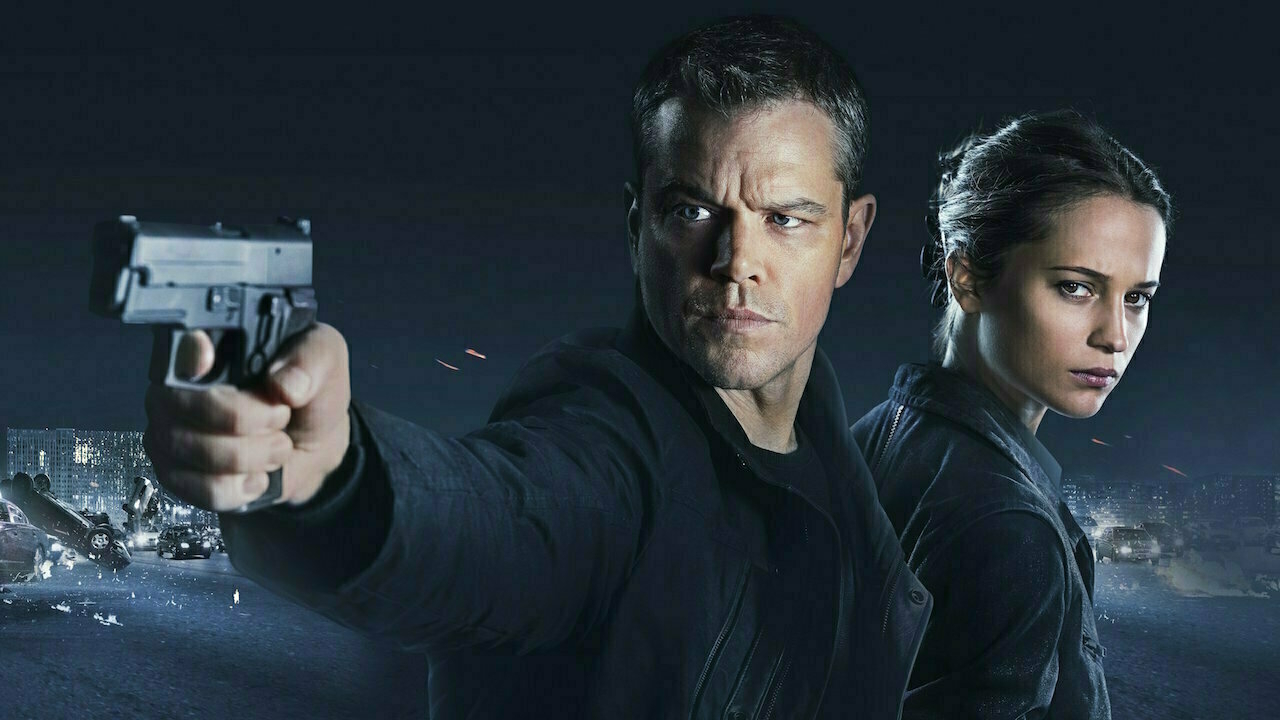Blog
Jason Bourne (2016): A Review
Released between 2002 and 2007, the original Bourne trilogy was very much a product of its time.
Taking the story of an amnesiac CIA assassin, and graduating turning it into a story that both answered the questions of the history of its lead, while serving as a criticism as the “do anything for patriotism" government, it was a franchise that perfectly reflected the paranoia and concern of the post—9/11 world.
Ending with Bourne’s true identity revealed in the closing of The Bourne Ultimatium, the franchise pivoted James Bond-style, with a new lead in Jeremy Renner’s Aaron Cross, yet another black-ops soldier gone wrong. But it didn’t captivate the world the way the tales of Jason Bourne did (sorry, we just don’t care about chems, I suppose?), and the world wondered: would there ever be a fourth, proper Jason Bourne movie?
Lead star Matt Damon and director Paul Greengrass always said that for Jason Bourne to return, the time - and the story - had to be right. And now, nine years after The Bourne Ultimatium, Jason Bourne has hit theaters.
Time hasn’t been kind to Jason Bourne since he revealed to the world the secret CIA operation known as Treadstone: he’s now a nomad, traveling through Greece as a street fighter, living off-the-grid with his monies earned knocking out his opponents. But fate intervines in the form of Nicky Parsons (Julia Stiles, reprising her role from the original trilogy), the now former CIA hacker, who is working to continue to take down the CIA, united with a WikiLeaks-esq movement to free data across the Internet.
Parsons gets access to files that she shouldn’t - containing a new quirk to Bourne’s already tragic backstory - and like so, the movie is off to the races. It’s a battle of time, with secret CIA intel in play, as the CIA - lead by Robert Dewey (Tommy Lee Jones, in a hybrid role similar to those of Brian Cox and David Straithairn in prior installments) and his right-hand woman, the ambitious Heather Lee (Ex-Machina’s Alicia Vikander) - tries to locate, and eliminate Jason Bourne. To spice things up, the CIA has hired an enigmatic assassin named only “The Asset" (Vincent Cassel continuing his ongoing movie fued with Matt Damon from Ocean’s Twelve and Ocean’s Thirteen) to find Bourne if and when traditional means fail, and the cat-and-mouse game begins.
In execution, the movie is, at its best and its worst, Bourne-by-Numbers.
We have countless sequences of CIA monitoring key locations from their base at Langley. Tense conversations via cellphone, ear piece and text message. Twists and turns as characters illuminate their shakey alligences. And of course, hard-nosed action-sequences with the most unsteady of cameras. You wanted another Jason Bourne movie? Congrats - you got one.
But that’s also where the biggest flaw lies. In the lead-up to this movie, both Matt Damon and Paul Greengrass indicated that if they were bringing Bourne back, it’d be for a story that needed to be told. A story of the moment. At most, the things that bind the script of Jason Bourne - co-written by director Greengrass and Christopher Rouse, better known as Greengrass’s editor - to the world of 2016 are an action setpiece set during a political conflict between protestors and riot cops, and an at-best iffy secondary plotline referencing a collusion between the CIA and a not-quite-Facebook, named Deep Dream, lead by a Zuckerberg-esq young CEO, played by The Night Of’s Riz Ahmed.
When the Bourne story ended in 2007, Moby’s “Extreme Ways" played, and it felt like a definitive closure on a fantastic film trilogy. Here, even with thrilling action and strong performances (even if Damon feels particularly reserved), Jason Bourne does not feel as vital or as needed as the original trilogy did.
But hey, this is a movie business, and we better get ready to see Jason Bourne again and again and again and again…
Jason Bourne is in theaters now, and is available for pre-order via iTunes and Amazon.

Sunday July 31, 2016